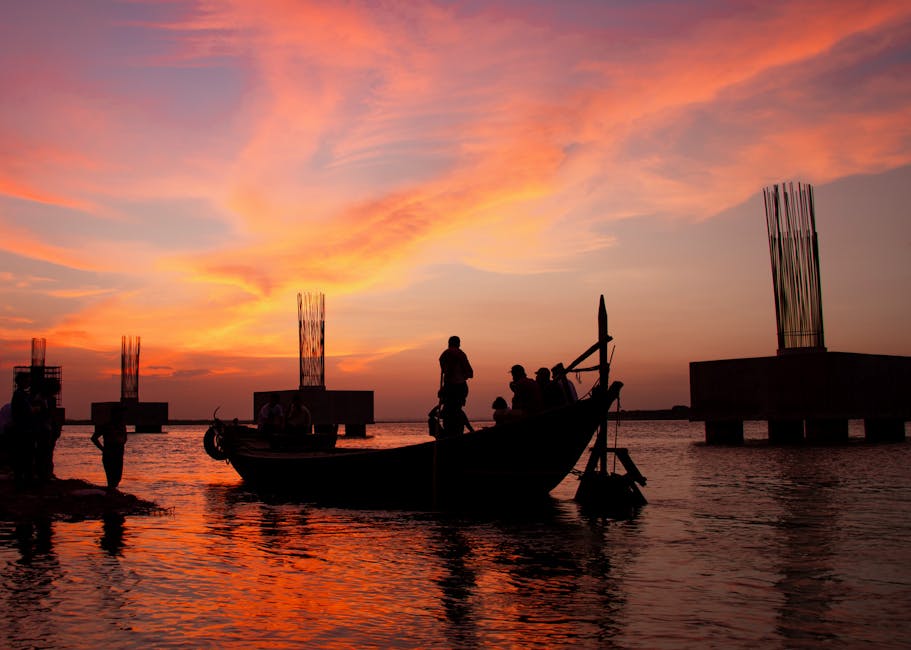No products in the cart.
Navigating the Landscape of Educational Standards in India and Beyond
Unravel the complex web of educational standards influencing student mobility and job recognition across India and the globe.
In a world where education often serves as the gateway to opportunity, who holds the keys? As students in India and across the globe seek to navigate the labyrinth of academic qualifications, the roles of various educational boards come into sharp focus. From the Central Board of Secondary Education (CBSE) in India to the International Baccalaureate (IB) and UNESCO on the global stage, these organizations shape the very fabric of educational standards.
As the sun rises over the bustling streets of New Delhi, thousands of students prepare for their futures, armed with textbooks and dreams. Yet, behind the scenes, unseen forces dictate the rules of the game. The CBSE, for instance, serves as the backbone of school education in India, overseeing 1,200 schools and over 24 lakh (2.4 million) students. Its curriculum sets the stage for higher education aspirations, influencing not just academic outcomes but also the job market’s perception of these students.

But the story doesn’t stop at national borders. The University Grants Commission (UGC) and the All India Council for Technical Education (AICTE) further complicate this landscape. UGC’s role in regulating universities ensures a semblance of standardization, while AICTE governs technical education, laying down norms that impact everything from engineering to management courses. Together, these bodies create a tapestry of regulations that can either facilitate or hinder student mobility.
Global Perspectives on Education Standards
Across the globe, the stakes are just as high. The International Baccalaureate (IB) and UNESCO play pivotal roles in crafting educational policies that transcend national boundaries. The IB, with its rigorous diploma program, has gained traction among elite schools, often seen as a passport to prestigious universities worldwide. Meanwhile, UNESCO advocates for inclusive and equitable quality education, emphasizing the need for educational frameworks that cater to diverse populations.
Meanwhile, UNESCO advocates for inclusive and equitable quality education, emphasizing the need for educational frameworks that cater to diverse populations.
Take, for instance, a student from India aspiring to study in Europe. Their journey is often fraught with challenges. Recognition of CBSE qualifications can vary dramatically from one country to another. In some cases, students are met with skepticism, as foreign universities may favor the IB or local qualifications, raising questions about the efficacy of the Indian education system abroad.
Moreover, accreditation plays a crucial role in this narrative. Institutions that carry recognized accreditation are more likely to see their graduates succeed in the job market. For students, this means that simply earning a degree is not enough; the value of that degree hinges on the institution’s reputation and the recognition of its programs. A degree from a non-accredited institution can lead to a career dead-end, while a diploma from a globally recognized body can open doors to international opportunities.
Challenges and Opportunities in Education
But what happens when the lines between these educational bodies blur? In an increasingly interconnected world, the potential for overlap can lead to both confusion and opportunity. For instance, a student pursuing a vocational course in India may find that their qualifications are not recognized outside the country, limiting their job prospects. This discrepancy can create a sense of disillusionment, causing students to question the very value of their education.
However, the tide is changing. With the rise of online courses and global educational platforms, students are finding new ways to bridge the gap. Platforms like Coursera and edX offer courses from accredited institutions, allowing students worldwide to gain valuable skills recognized by employers. This democratization of education presents an exciting opportunity for young people to pursue their passions without the constraints of traditional educational pathways.
Looking Ahead: The Future of Educational Standards
As we look to the future, the conversation around educational standards will undoubtedly evolve. The impact of technology and digital innovation is already being felt, as more institutions embrace blended learning models that combine online and traditional education. This shift poses questions about what it means to be educated in the 21st century. Will traditional boards like CBSE and UGC adapt to these changes, or will they risk becoming obsolete?
This discrepancy can create a sense of disillusionment, causing students to question the very value of their education.
Ultimately, the future of education will hinge on collaboration. Educational boards must work together, both nationally and globally, to create frameworks that foster student mobility and job recognition. As the world becomes more interconnected, the ability to navigate these systems will be crucial for the next generation of leaders and innovators.











